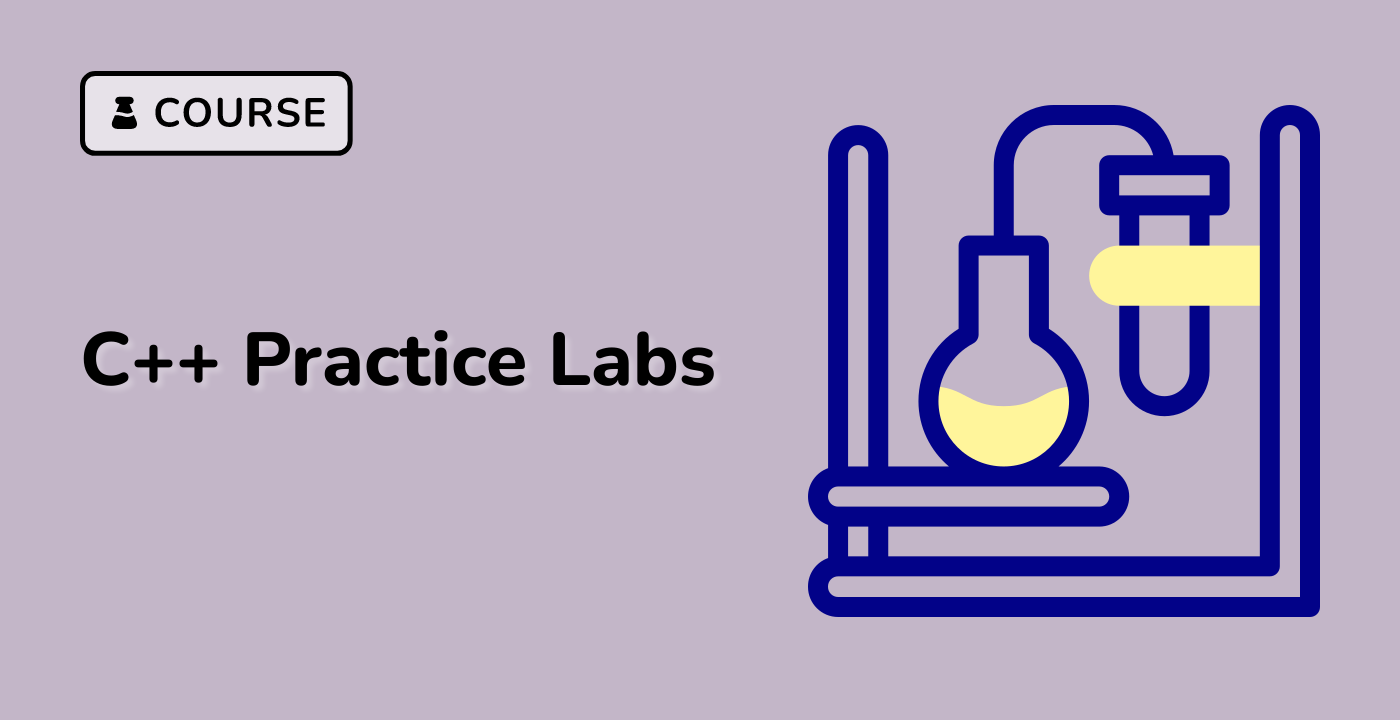Benchmarking Techniques
graph TD
A[Performance Profiling] --> B[Measure Execution Time]
A --> C[Memory Allocation]
A --> D[CPU Cycles]
Optimization Metrics
| Metric |
Description |
Optimization Strategy |
| Time Complexity |
Algorithmic Efficiency |
Reduce Unnecessary Operations |
| Memory Footprint |
Memory Usage |
Minimize Allocations |
| Cache Efficiency |
Memory Access Pattern |
Optimize Data Locality |
Memory-Efficient String Operations
Minimizing String Copies
// Inefficient
std::string inefficientMethod(std::string input) {
return input + " LabEx"; // Unnecessary copy
}
// Optimized
std::string efficientMethod(const std::string& input) {
return input + " LabEx"; // No unnecessary copy
}
Move Semantics
std::string generateString() {
std::string result;
result.reserve(100); // Pre-allocate memory
return result; // Move semantics used
}
String Manipulation Optimization
Inline String Operations
class StringOptimizer {
public:
// Inline method for better performance
inline std::string concatenate(const std::string& a, const std::string& b) {
std::string result;
result.reserve(a.length() + b.length());
result = a + b;
return result;
}
};
Memory Pool Strategies
graph LR
A[Memory Pool] --> B[Pre-allocated Memory]
A --> C[Reduced Allocation Overhead]
A --> D[Improved Performance]
Custom Memory Allocator
template <typename T>
class CustomAllocator {
public:
T* allocate(size_t n) {
// Custom allocation logic
return static_cast<T*>(::operator new(n * sizeof(T)));
}
void deallocate(T* p, size_t n) {
::operator delete(p);
}
};
String View and Optimization
std::string_view
void processStringView(std::string_view sv) {
// Lightweight, non-owning reference
// Avoids unnecessary copying
}
Compiler Optimization Techniques
Compiler Flags
| Flag |
Purpose |
Performance Impact |
| -O2 |
Moderate Optimization |
Balanced |
| -O3 |
Aggressive Optimization |
Maximum Performance |
| -march=native |
CPU-specific Optimization |
Tailored Performance |
- Use move semantics
- Minimize string copies
- Pre-allocate memory
- Leverage string_view
- Profile and measure performance
Advanced Optimization Strategies
Compile-Time String Handling
constexpr std::string_view compileTimeString = "LabEx Optimization";
Conclusion
Effective string performance optimization requires a holistic approach combining algorithmic efficiency, memory management, and compiler techniques.




